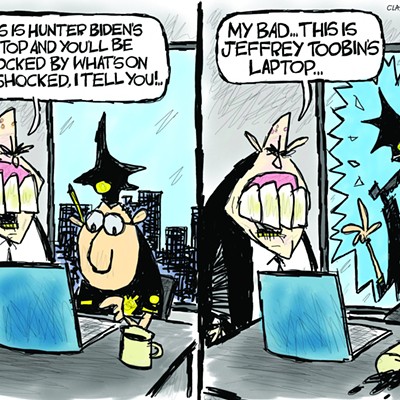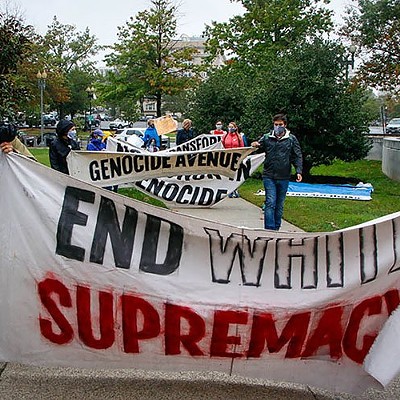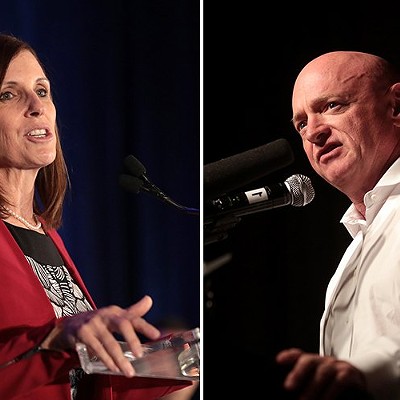The proposed rules, which are scheduled to be considered in early March, have risen out of the fine print contained with the campaign-reform package championed by Arizona Sen. John McCain.
McCain's Washington office did not respond to a request for comment.
While some organizations, such as the Center for Responsive Politics, dismiss the nonprofits' fears as unfounded, the nonprofit groups themselves--which include environmental, civil rights, public health, social welfare and senior organizations--argue that the proposal would amount to making it illegal to criticize elected officials, unless its done through a political committee. In a letter to the FEC, the groups argue the new rule will have chilling effect on political discourse.
"Making it unlawful to criticize the policies and actions of a sitting president or members of Congress except under the auspices of a registered political committee is one of the most fundamental attacks on the freedom of speech and freedom of association of American citizens ever contemplated by a governmental agency," according to a letter sent by the coalition of nonprofit groups, which includes the Sierra Club, the Planned Parenthood Federation of America and the NAACP National Voter Fund.
Nonprofit organizations such as Planned Parenthood of Southern Arizona often have a tricky accounting set-up. As registered nonprofits, their political activities are limited--they can't endorse candidates, for example, although many of the groups set up separate political committees to do that work.
But nonprofits can send out letters, e-mails and other communications about proposed legislation and public policy regarding issues such as tax cuts, Arctic oil drilling, prescription drugs and civil liberties. The outreach has traditionally fallen under the umbrella of educational efforts.
FEC officials are now considering whether such communications fall instead under the umbrella of independent campaign committees. If that's the case, such communications would be banned unless the money that pays for them was raised within the confines of the McCain-Feingold campaign-finance reform package.
"That's so different from what we've worked under before," says Patti Caldwell, executive director of Planned Parenthood of Southern Arizona. "We're clear on not doing endorsements or campaign work, and that's very different. But this is simply about public policy advocacy."
While the full impact of the proposed new rules remain uncertain, representatives of the nonprofits fear it would prove impossible for them to raise funds under the new restrictions.
Karin Uhlich of the Southwest Center for Economic Justice, says the interpretation "goes way out of bounds of what was intended."
"It basically implies that if you're going to engage in something that questions the authorities that be, you're the one who may be held to task rather than the public official," Uhlich says. "This would go so far as to say we can't even help to shed light on the actions taken by elected officials. That's ridiculous. Shouldn't voters know how their representatives are voting?"

















